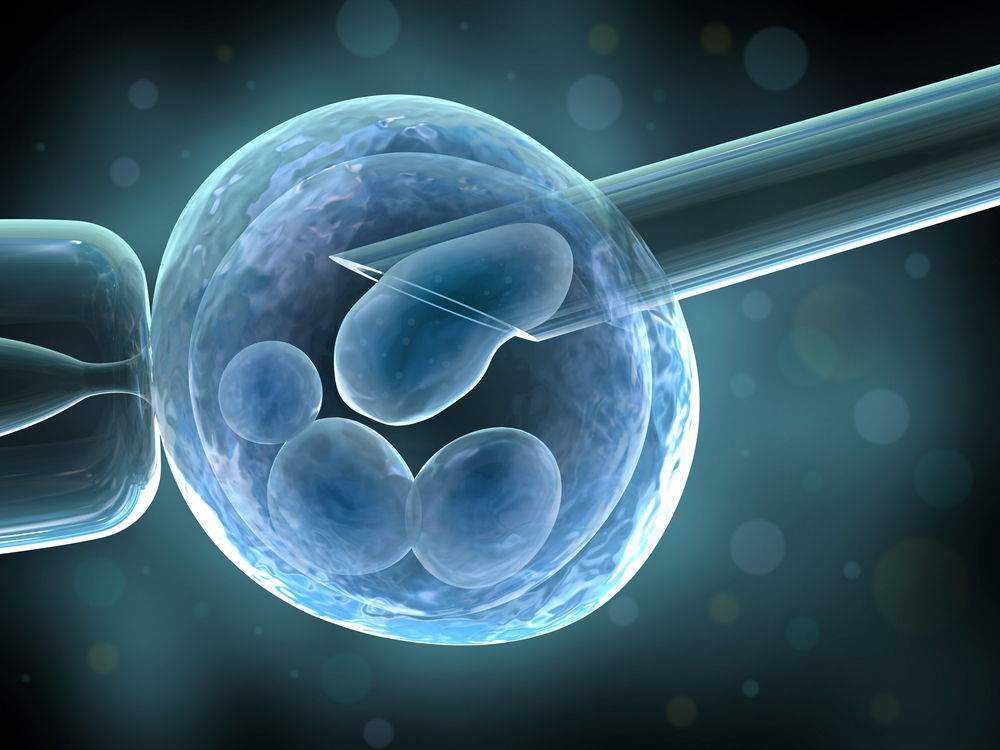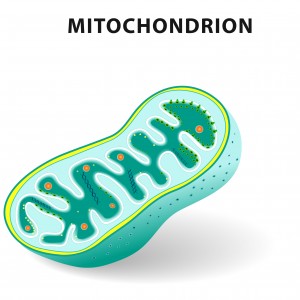New “Three-parent Babies” Law in UK Said to Help Prevent Diseases Such as Muscular Dystrophy

Britain is now the first country in the world that allows the fusion of DNA from three people for the creation of babies.
This could provide a solution for preventing diseases such as muscular dystropy, a hereditary disease characterized by progressive weakening of the muscles.
 The decision involved a change to in vitro fertilization laws in the United Kingdom. During the procedure, DNA from both the mother and father would be fused, but the embryo could also receive some healthy mDNA (mitochondrial DNA) from a female donor.
The decision involved a change to in vitro fertilization laws in the United Kingdom. During the procedure, DNA from both the mother and father would be fused, but the embryo could also receive some healthy mDNA (mitochondrial DNA) from a female donor.
Mitochondria are the energy producing powerhouse of cells. They contain their own DNA, that is distinct from the DNA found in the nucleus of a cell.
People can inherit a variety of mitochondrial diseases via the mDNA, which is passed via the mother. Mitochondrial diseases include muscular dystrophy, diabetes and muscle wasting.
Jeremy Farrar, director of health charity Wellcome Trust noted, “Families who know what it is like to care for a child with a devastating disease are best placed to decide whether mitochondrial donation is the right option for them. We welcome this vote to give them that choice.”
It is anticipated that the House of Lords, the upper chamber of parliament, will approve the bill, and that the procedure will be available sometime next year.
[adrotate group=”3″]
Naturally there is some public concern that this law might open up the possibility of parents designing babies according to their own whims, rather than any medical need.
David King, director of the watchdog group Human Genetics Alert, stated: “If we want to avoid the nightmare designer baby future we must draw the line here.”
Others however, are in support of the new law. “We have finally reached a milestone in giving women an invaluable choice, the choice to become a mother without fear of passing on a lifetime under the shadow of mitochondrial disease to their child,” said Robert Meadowcroft, Chief Executive of the Muscular Dystrophy Campaign.
John Tooke, President of the Academy of Medical Sciences, said he was “delighted” by the vote, adding “These treatments could reduce the number of children born with rare mitochondrial diseases, and help dozens of families to lead happy and healthy lives. Today’s vote is the culmination of many years of scientific and public debate.”






